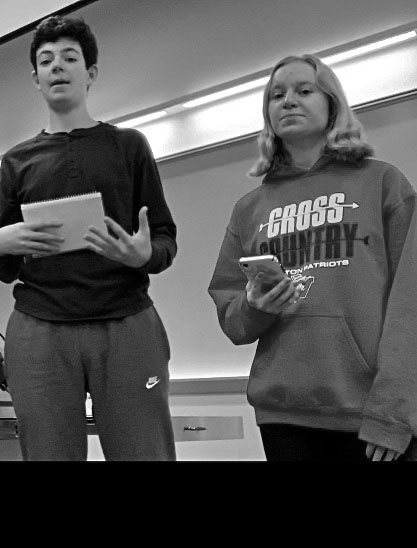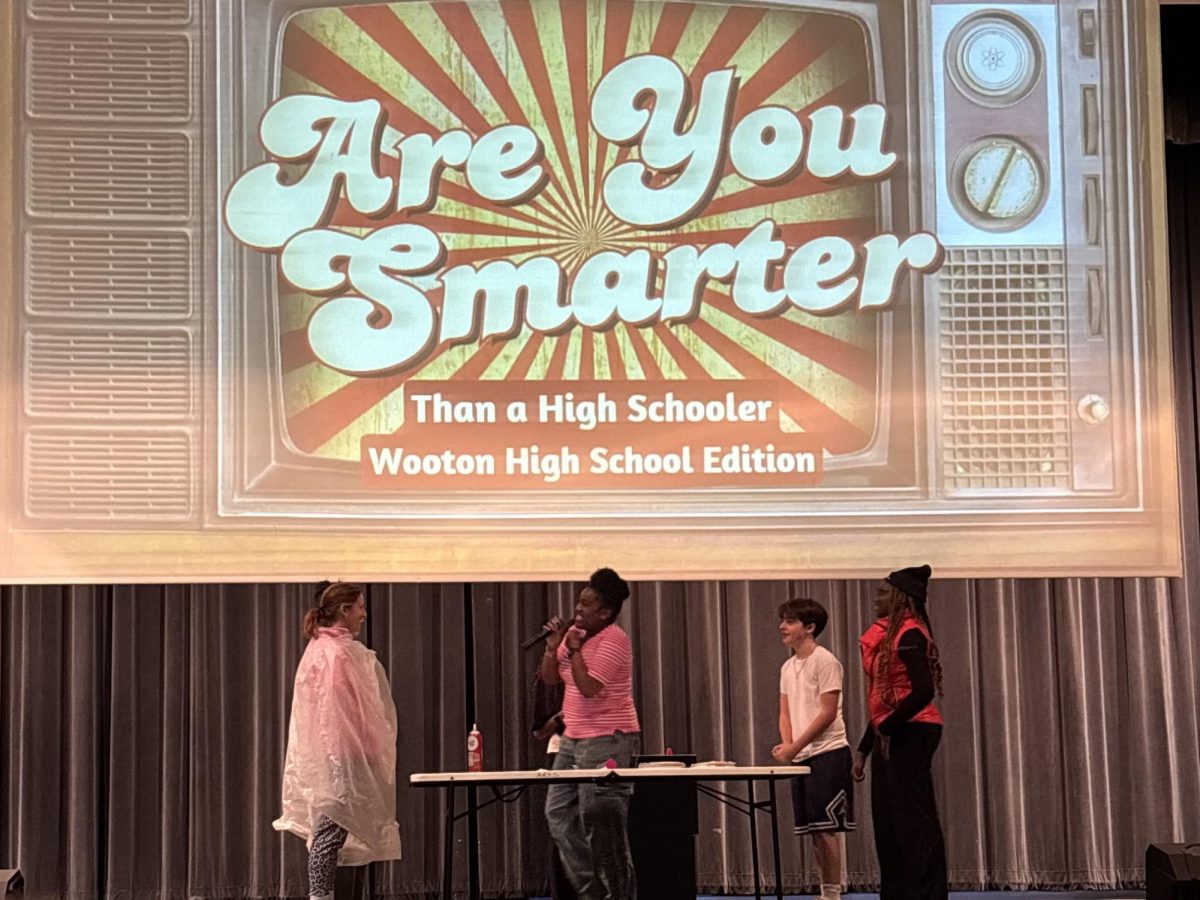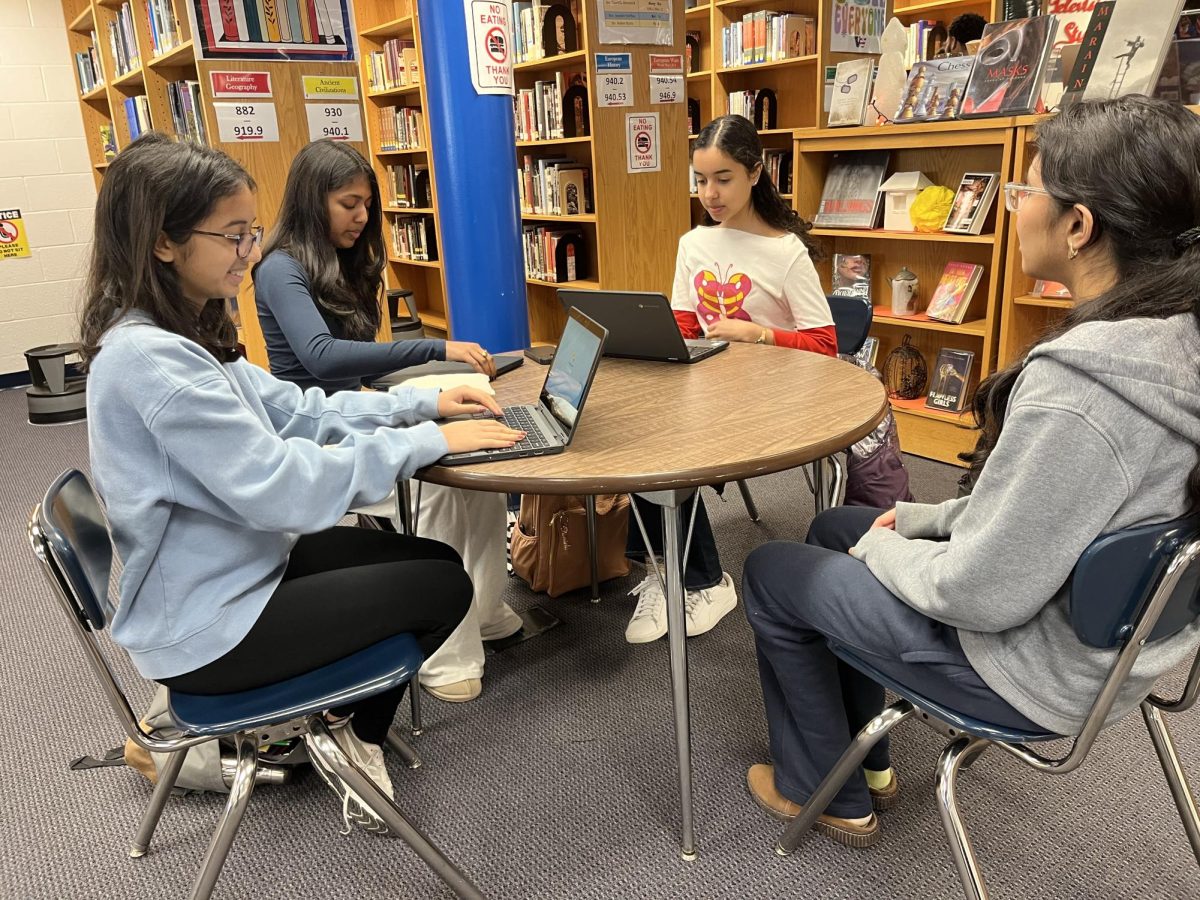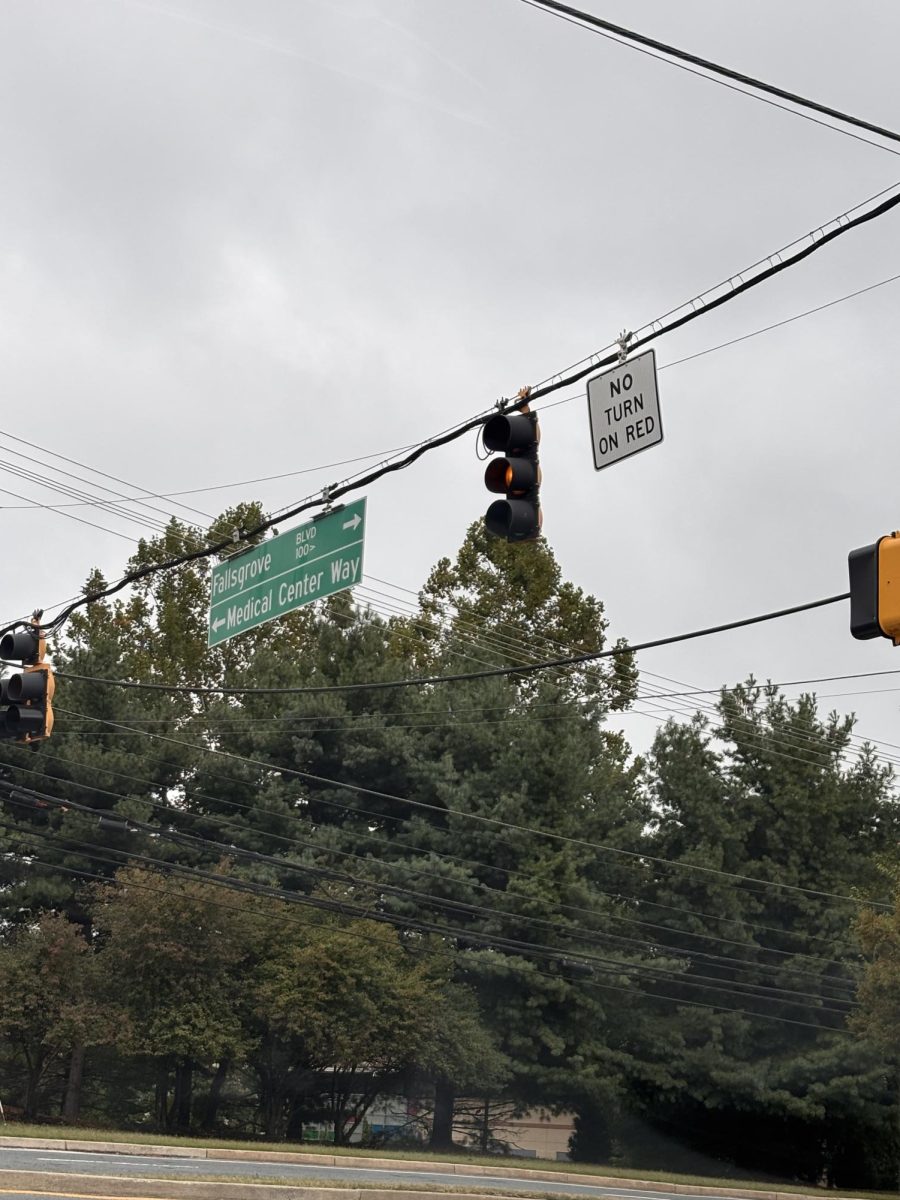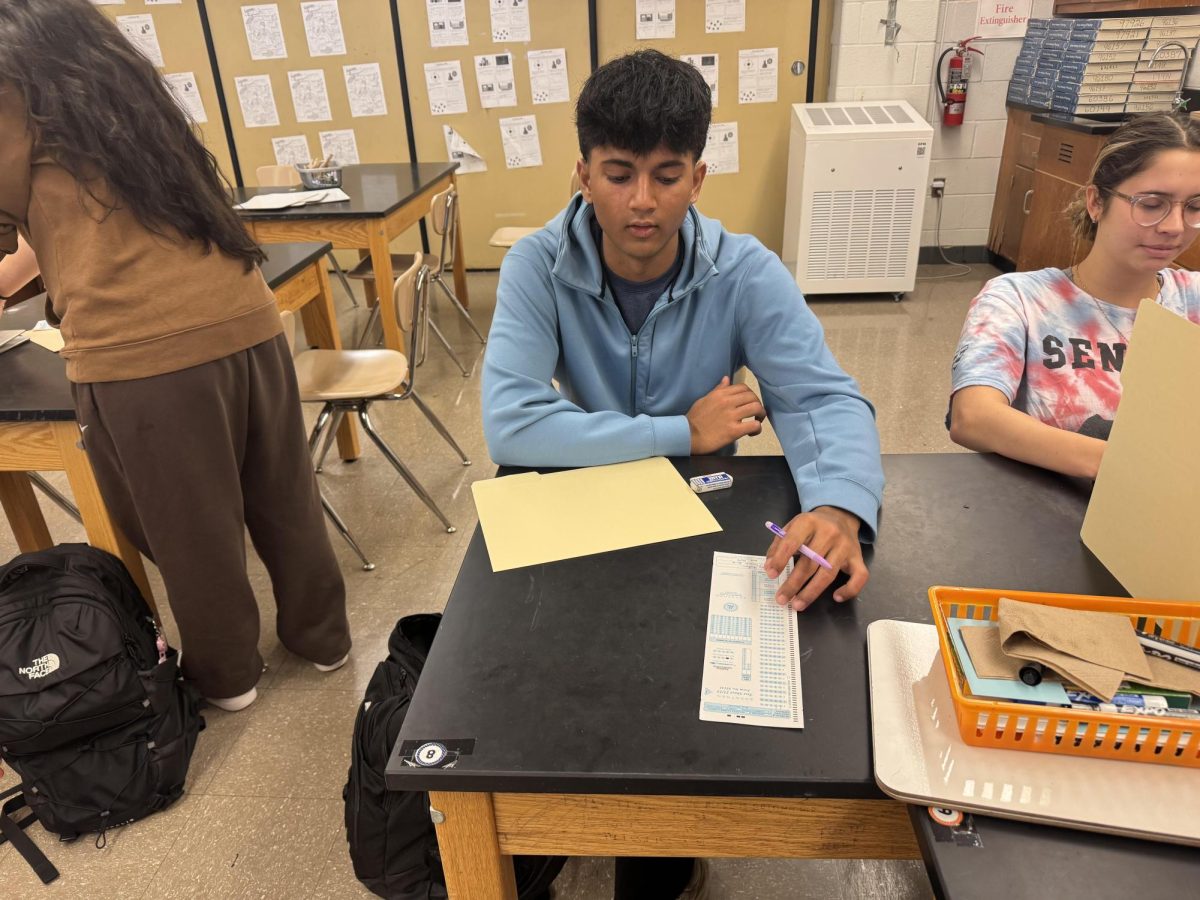While some may consider it to be a daunting activity, students can expect to confront various forms of public speaking throughout their high school career. Regardless of experience or personal approach, Common Sense is here to provide you with the tricks and tips necessary in order to conquer any encounter a student may endure with public speaking.
Public speaking is the act of vocally expressing yourself in front of an audience for various purposes, whether it be presenting a report, debating a topic or running through a PowerPoint. Keep in mind that public speaking will not just be found in schools, but in all parts of your life; from graduation speeches to weddings, from interviews to meetings at work and from clubs to sales pitches. “My favorite type of public speaking is presenting for a class because it is an opportunity to show my peers the results of my research on a specific project,” sophomore Nicole Wasserman said.
The key to effective public speaking is confidence: a confident presenter results in a well-spoken presentation. It is important to acknowledge that no matter how prepared or knowledgeable an individual is about what they are presenting, as long as they speak slowly and clearly, the audience is more tempted to listen to and respect them.
Additionally, it is proven that the vast majority of people speak faster and softer when speaking in front of others. Always make sure to enunciate words, and remember that speaking louder and slower is better than slurring words and becoming inaudible. One of the most crucial elements to public speaking is posture. Bad posture can ruin a perfectly rehearsed speech.
Audience members and colleagues are more inclined to thoroughly listen to the presenter when the speaker is making good eye-contact, standing tall and firm, not fidgeting, and using hand gestures when appropriate.
It needs to be made clear that a speech will not always go as planned, and stuttering and freezing are only human. The important thing is to have the ability to not get hung up on it, but rather take a deep breath and continue as planned. In debate, “I prepared using advice from the debate captains on how to get accurate research and how to prepare fast and efficient answers to the opposing team’s questions,” sophomore Suhani Singh said.
Succumbing to the pressure of public speaking is often a presenter’s greatest weakness. Understanding that no one is listening to judge you, but rather to hear what you have to say, can make all the difference. Once that is understood, public speaking can actually be a fun activity. “I enjoy the adrenaline rush and confidence [of public speaking], especially when done well,” senior Nanditha Niranjan said.
Some view public speaking as a craft, not a task. “Public speaking is not just the ability to talk in front of a crowd, but rather it’s also the ability to articulate your thoughts when it matters,” junior Aashna Singh said.
Want to give a great speech? Just remember to do your B.E.S.T.: breathe, eye contact, stand straight and take your time.


